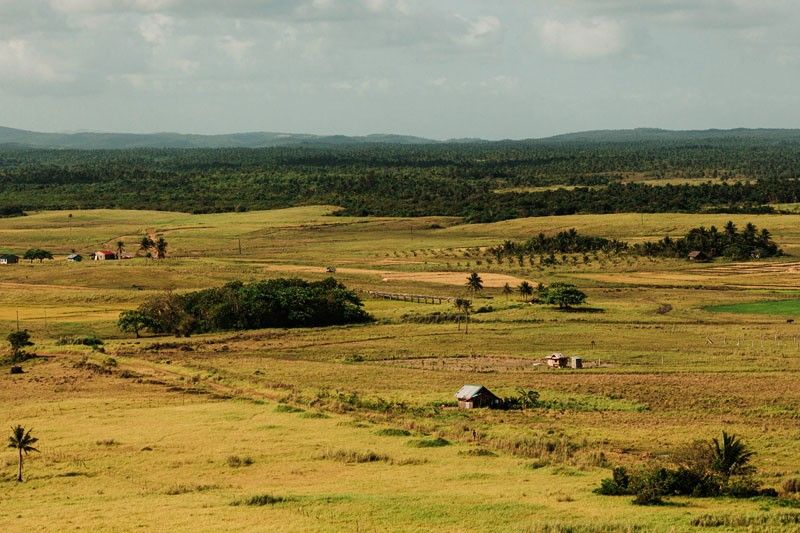UN report: Last 8 years warmest on record

MANILA, Philippines — The last eight years were the warmest on record, and sea level rise and ocean warming hit new highs, according to the United Nations weather agency’s report.
The World Meteorological Organization (WMO) said the relentless advance of climate change brought more drought, flooding and heatwaves to communities around the world last year, compounding threats to people’s lives and livelihoods.
The WMO’s latest State of the Global Climate report showed that record levels of greenhouse gases caused “planetary scale changes on land, in the ocean and in the atmosphere.”
The State of the Global Climate report, released ahead of this year’s Mother Earth Day, complements the Intergovernmental Panel on Climate Change Sixth Assessment report released a month ago, which includes data up to 2020.
WMO’s new figures showed that global temperatures have continued to rise, making the years 2015 to 2022 the eight warmest ever since regular tracking started in 1850. The organization noted that this was despite three consecutive years of a cooling La Niña climate pattern.
WMO said concentrations of the three main greenhouse gases, which trap heat in the atmosphere – carbon dioxide, methane, and nitrous oxide – reached record highs in 2021, which is the latest year for which consolidated data is available, and that there are indications of a continued increase in 2022.
In its report, WMO echoed UN Secretary-General António Guterres’ call for “deeper, faster emissions cuts to limit global temperature rise to 1.5 degrees Celsius,” as well as “massively scaled-up investments in adaptation and resilience, particularly for the most vulnerable countries and communities who have done the least to cause the crisis.”
WMO secretary general, professor Petteri Taalas said that amid rising greenhouse gas emissions and a changing climate, “populations worldwide continue to be gravely impacted by extreme weather and climate events.”
He stressed that last year, “continuous drought in East Africa, record breaking rainfall in Pakistan and record-breaking heatwaves in China and Europe affected tens of millions, drove food insecurity, boosted mass migration, and cost billions of dollars in loss and damage.”
The organization highlighted the importance of investing in climate monitoring and early warning systems to help mitigate the humanitarian impacts of extreme weather. The report also pointed out that today, improved technology makes the transition to renewable energy “cheaper and more accessible than ever.”
Call for renewable energy by 2040
The Sangguniang Laiko ng Pilipinas (SLP) is asking government agencies to transition to 100 percent renewable energy by 2040.
In a one-page statement, the SLP asked the government to make four commitments in line with their appeal for the declaration of a climate emergency, in observance of Earth Day last Saturday.
First, SLP asked the government to declare a national state of climate emergency that should be reflected in all of its plans, policies and programs.
It should also “produce a clear roadmap, secure the requirements and mobilize government institutions for a rapid, equitable, people-centered, and just transition to 100 percent renewable energy by 2014 or earlier.”
The government should also commit not to allow the use of fossil fuels to peak beyond 2025. There should also be a planned and managed phase out of coal, gas, and all other fossil fuels. “Stop the funding of fossil fuel expansion now!” it added.
SLP said, “We strongly remind the Philippine government of its duty to protect the Filipino people and the beautiful land we live in from (a) worse climate catastrophe and ensure a sustainable life for present and future generations.”
It should also represent and “be the voice of the Filipino people in international organizations and demand for the global phase out of fossil fuels and secure loss and damage reparation of technology, climate finance, and capacity building efforts owed by historically polluting nations and corporations.”
Lastly, it should hear both the cry of the earth and the poor by mainstreaming an integral and holistic approach to climate change adaptation and mitigation. — Evelyn Macairan
- Latest
- Trending





























